International
Run-over in Munich: There are already 28 injured and authorities suspect that it is an attack
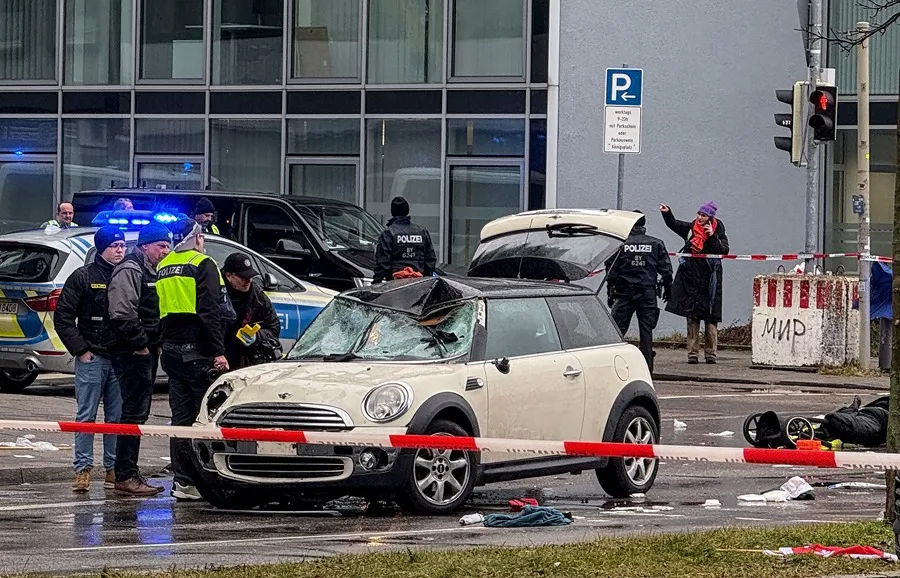
The German authorities are considering the hypothesis that the run over of a group of people participating in a union demonstration in the center of the city of Munich was “an attack”, while the number of injured amounts to at least 28 and the Bavarian capital is preparing to start this Friday a high-level security conference between the United States and several countries of the European Union.
A police representative indicated in an appearance at the scene that the arrested driver was a 24-year-old Afghan citizen, while the Bavarian Prime Minister, Markus Söder, told the media that “presumably it is an attack.”
As the police spokesman explained, the vehicle approached the demonstration in the queue, overtook the police cars that escorted it and rammed against the end of the march.
The driver was then arrested, after the agents shot at his car, a Mini Cooper model vehicle, so at this time there is no longer any danger for the population.
The suspect is a 24-year-old Afghan asylum seeker who had a police record related to narcotics and theft, authorities said, who did not specify whether he had been injured during the arrest.
The Bavarian Prime Minister said that first we have to investigate the details and examine the event, but the ‘modus operandi’ is similar to that of other deliberate attacks, so it is presumably an “attack”.
Söder said that it was “painful” that only last month in Aschaffenburg, also in Bavaria, there was another attack in which an Afghan citizen killed a child and an adult with a knife.
“That’s enough,” the Bavarian Prime Minister said.
The investigations have been assumed by the Central for the Fight against Extremism and Terrorism of the Munich Attorney General’s Office.
“It’s a black day for Munich,” said the mayor of the Bavarian capital, Dieter Reiter, who was affected by the fact that among the demonstrators were his colleagues from the municipal administration.
For his part, the German Chancellor, Olaf Scholz, said that the perpetrator of the abuse must be punished with all the harshness of the law and subsequently leave the country.
The abuse is the second massive one that occurs in Germany in two months, after it cost the lives of six people in a Christmas market in Magdeburg on December 20.
The Munich Security Conference begins tomorrow in the Bavarian capital, where heads of state and government from around the world will meet and in ten days legislative elections will be held that have already been marked by the issues of migration and the rise of the far right.
On the margins of this conference, considered one of the most important in the world, Zelensky is expected to sign a draft economic agreement as part of the peace negotiations, with representatives of Washington.
International
Colombia: Search continues for missing limb of italian scientist found dismembered
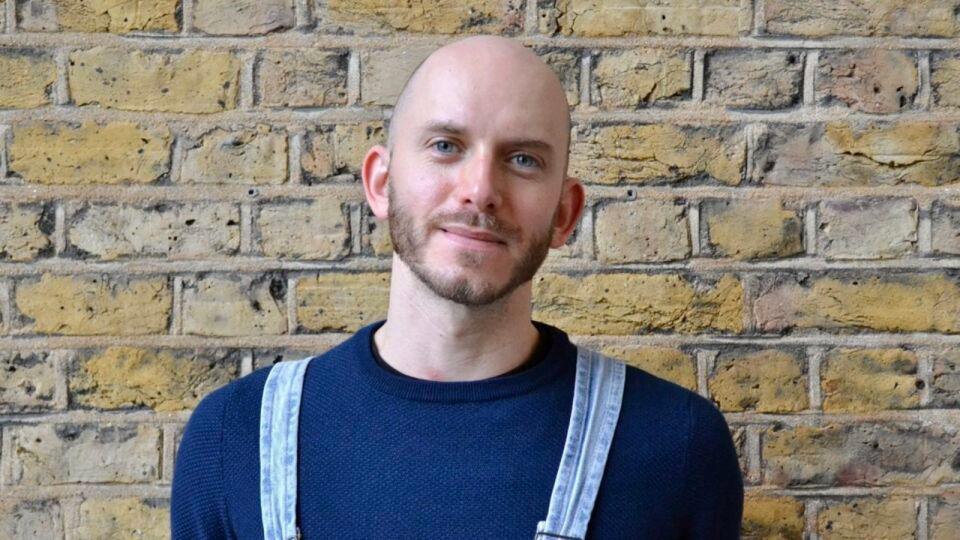
Rescue teams and Colombian authorities continued their search on Tuesday for the missing left leg of Italian biologist Alessandro Coatti, whose dismembered body was found in the Caribbean city of Santa Marta.
Coatti, 42, was a molecular biologist who had been traveling through South America after working for eight years at the Royal Society of Biology (RSB) in London.
He had been staying in a hotel in Santa Marta since April 3 and was later reported missing. His dismembered body began to be discovered on April 6, when parts were found inside a suitcase abandoned near a football stadium in an area known as Bureche.
“We’re conducting the search along the riverbanks and in the water to identify possible spots where, due to the river’s current, the missing left leg might be located,” Karlotz Omaña García, director of the Magdalena Civil Defense, told The Associated Press. Despite covering a 500-meter radius, the limb was not found.
Authorities have not named any suspects or shared possible motives. A reward of more than $11,000 has been offered for information leading to those responsible for the foreign scientist’s murder.
Police continue to reconstruct Coatti’s final movements. According to Colonel Jaime Ríos, head of the Santa Marta Metropolitan Police, the Italian biologist arrived in Colombia in January and had visited several locations, including Medellín, before traveling to Santa Marta.
Security footage shows Coatti was in downtown Santa Marta the night before his body was found, the colonel added.
Santa Marta, a popular Caribbean tourist destination, is known for its clear beaches. Police believe Coatti may also have visited Tayrona Park, a protected coastal area located about 34 kilometers (21 miles) from the city center.
International
MPV Denounces Electoral Blockade as Secretary-General is Disqualified for May Elections
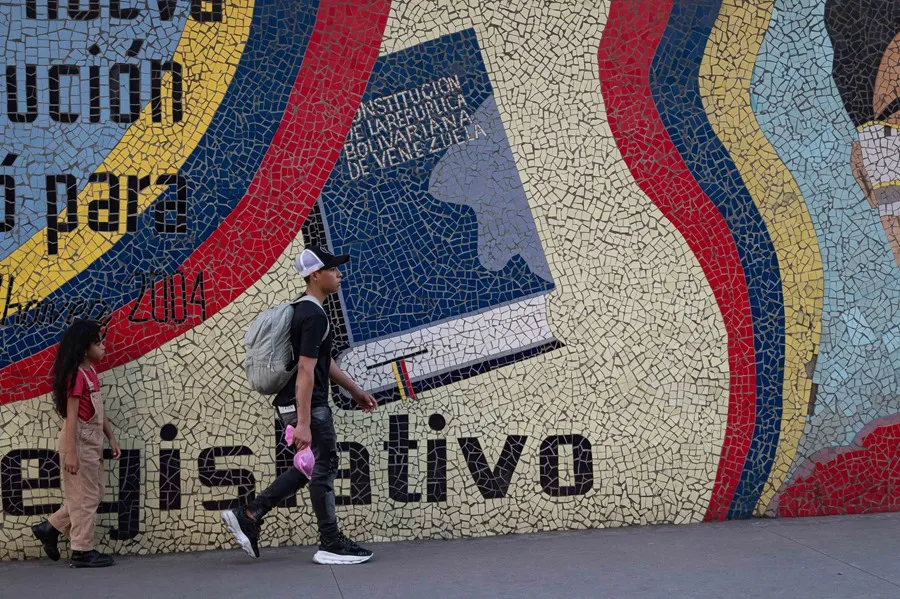
The anti-Chavista party Movement for Venezuela (MPV) denounced on Monday that it was “prevented” from submitting its candidates for the regional and legislative elections on May 25, elections rejected by opposition leaders Edmundo González Urrutia and María Corina Machado.
“MPV, being an active and recognized party in the National Electoral Council (CNE), was prevented from submitting candidates for the current electoral process,” stated the political group through a communiqué on X.
Additionally, the group denounced that its Secretary-General, Simón Calzadilla, was “suddenly disqualified,” as the opposition leader warned last Friday. He also explained that he attempted to access the CNE’s automated candidate submission system but, as he added, the portal showed that he was not authorized to create a user and submit the MPV candidates.
For the party, its “strong decision” to participate in the May elections “highlighted the true nature of this electoral process,” which it described as “extremely flawed.”
International
Maduro Plans Major Workers’ March on May 1st to Defend Venezuela’s Freedom
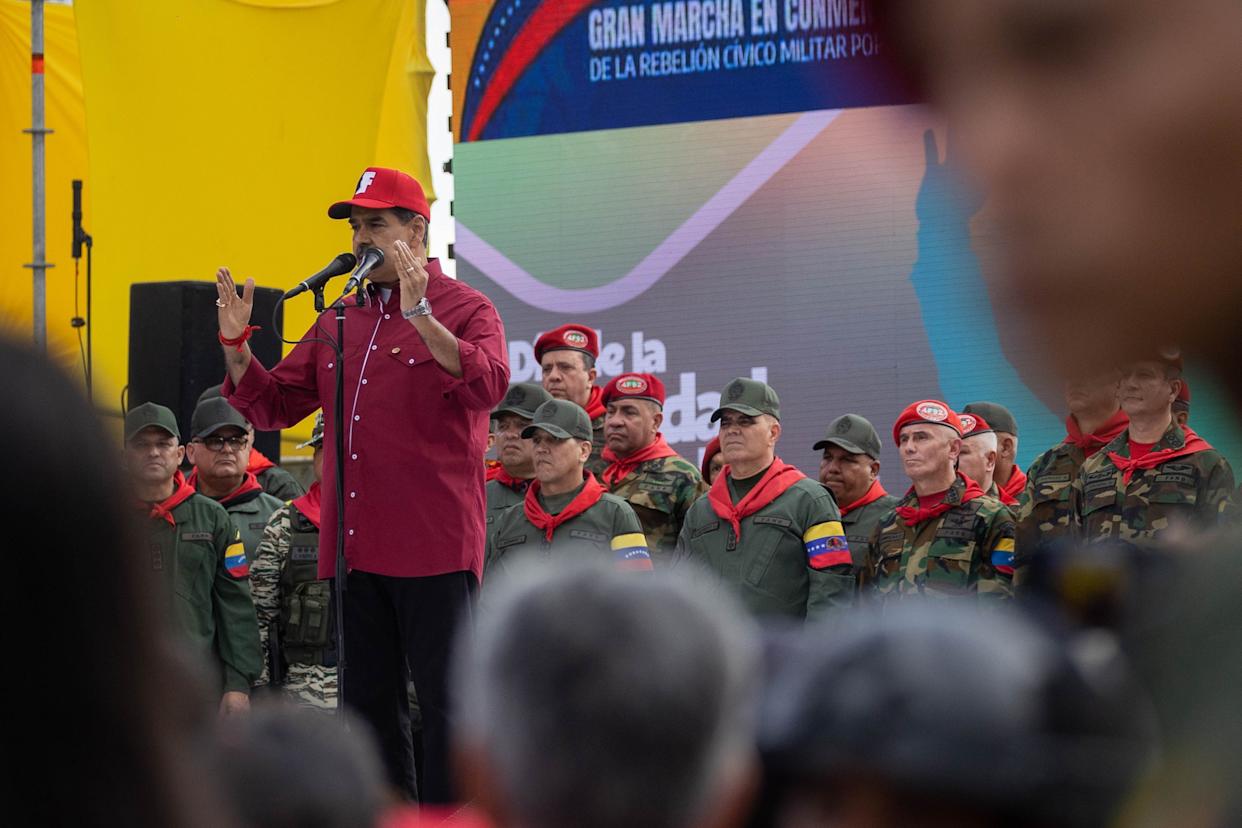
Nicolás Maduro, who swore in for a third term in January following his controversial re-election, called on Monday for the “working class” and the “armed people” to gather for a concentration on May 1st for peace, as part of the celebration of International Workers’ Day.
“Let’s have a powerful march of the working class, the combat bodies, and the Bolivarian National Militia in all the cities of the country, from end to end, working class and armed people in the streets shouting for peace,” said the chavista leader in a broadcast on the state channel Venezolana de Televisión (VTV), surrounded by military authorities.
He also stated that Venezuela is more armed than “ever” to “defend the sacred dream of a free homeland, the sacred soil of a heroic land, Venezuela.”
Maduro called on all military personnel to “stay in shape” with a “deployment capacity” and also to have “a very clear view of the entire national territory.”
-
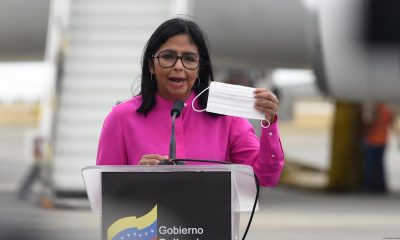
 International3 days ago
International3 days agoVenezuela accuses Guyana of “warlike intentions” after UK defense deal
-

 Central America4 days ago
Central America4 days agoSpanish Ex-Congresswoman Calls for ‘Bukele-Style’ Security Policies in Europe
-
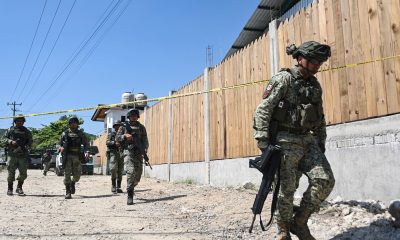
 International4 days ago
International4 days agoTrump Authorizes Military to Take Control of Federal Land Along U.S.-Mexico Border
-

 International3 days ago
International3 days agoNightclub Collapse in Dominican Republic Claims 226 Lives
-

 Central America2 days ago
Central America2 days agoHonduran Police Offer $135K for Tips Leading to the Arrest of Romeo Vásquez
-

 International2 days ago
International2 days agoMaduro Plans Major Workers’ March on May 1st to Defend Venezuela’s Freedom
-

 Central America17 hours ago
Central America17 hours agoPetro questions Ecuador’s vote, cites reports of military control and arrests
-

 International2 days ago
International2 days agoMPV Denounces Electoral Blockade as Secretary-General is Disqualified for May Elections
-

 International17 hours ago
International17 hours agoColombia: Search continues for missing limb of italian scientist found dismembered















